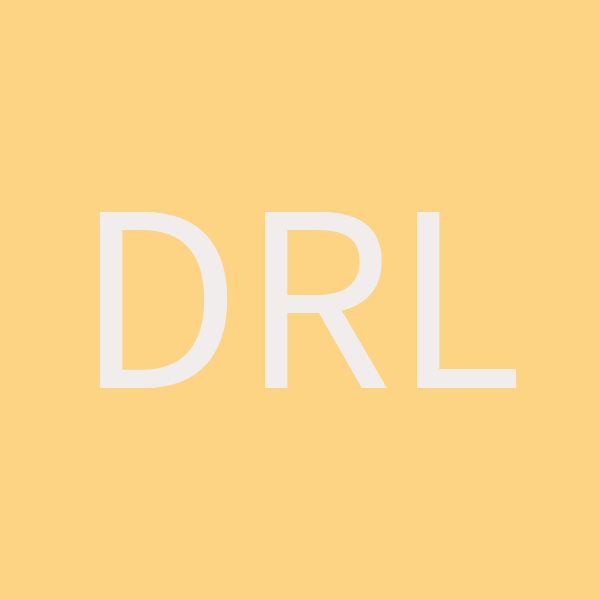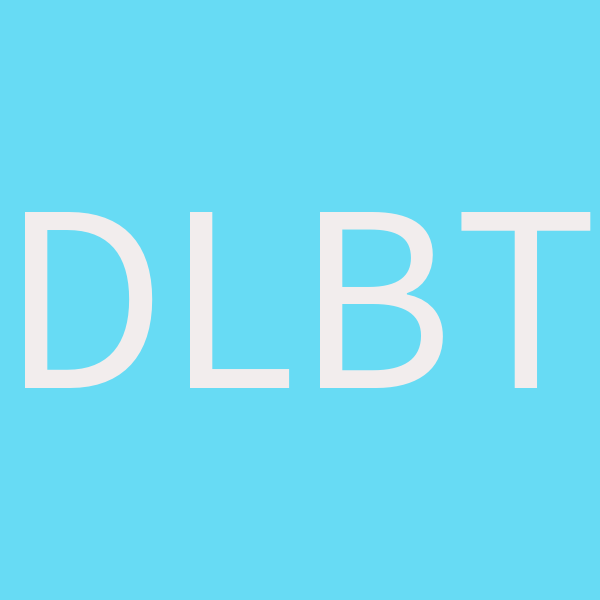Auditor
CG HOYLAR ACCOUNTING & AUDITING SERVICES
$264-352[月薪]
现场办公 - 南達沃1-3 年經驗本科全職
分享
職位描述
簡介
- Financial Auditing: Examine and evaluate financial statements, reports, and records to ensure they comply with legal standards and accounting principles.
- Internal Controls: Review and assess the effectiveness of internal controls and procedures to identify areas of risk, fraud, or inefficiencies.
- Compliance: Verify compliance with relevant regulations, laws, and company policies, including tax laws, financial reporting requirements, and industry-specific standards.
- Risk Assessment: Identify financial, operational, and compliance risks and provide recommendations for mitigation strategies to management.
- Audit Reports: Prepare clear and comprehensive audit reports that summarize findings, highlight discrepancies, and propose actionable recommendations for improvements.
- Collaboration: Work closely with other departments, senior management, and external regulators to provide insights and ensure that financial processes are aligned with best practices.
- Data Analysis: Use accounting software and data analysis tools to examine financial data and identify trends, errors, or inconsistencies.
- Special Audits: Conduct special audits as needed, including internal investigations, fraud detection, or audit of specific projects or business units.
- Follow-up: Monitor the implementation of audit recommendations and assess the effectiveness of corrective actions taken by the organization.
職位要求
- Education: A bachelor’s degree in Accounting, Finance, Business Administration, or a related field is typically required. A master’s degree or specialization in auditing may be preferred.
- Certifications: Professional certifications such as Certified Public Accountant (CPA), Certified Internal Auditor (CIA), or Certified Information Systems Auditor (CISA) are often required or strongly preferred.
- Experience: Previous experience in accounting, auditing, or financial analysis, typically 2-5 years, depending on the level of the position.
- Technical Skills:
- Strong understanding of accounting principles, financial reporting, and auditing standards.
- Proficiency in accounting software (e.g., QuickBooks, SAP, Oracle) and data analysis tools.
- Knowledge of regulatory frameworks and industry standards (e.g., GAAP, IFRS, SOX compliance).
績效審核
Preview
Joana Quitor
HR ManagerCG HOYLAR ACCOUNTING & AUDITING SERVICES
工作地址
Davao City,Davao del Sur,Philippines
發布於 29 January 2025
猜你想看
查看更多Auditor
 ACTIVE ALLIANCE FINANCE CORPORATION - Buhangin
ACTIVE ALLIANCE FINANCE CORPORATION - Buhangin$352[月薪]
现场办公 - 南達沃1-3 年經驗本科全職

CRIS ANGONHR Officer
Auditor
 DCBERONGON SPECIALIZED GOODS TRADING
DCBERONGON SPECIALIZED GOODS TRADING$440[月薪]
现场办公 - 南達沃1-3 年經驗本科全職

DAMASO JR. BERONGONOwner
Auditor
 Resilent Lending
Resilent Lending$88-176[月薪]
现场办公 - 南達沃<1 年經驗專科全職

mercy basaleOwner
Auditor
 LAPUY BATALLION EMPLOYEES AGRARIAN REFORM BENEFICIARIES COOPERATIVE
LAPUY BATALLION EMPLOYEES AGRARIAN REFORM BENEFICIARIES COOPERATIVE$264-440[月薪]
现场办公 - 南達沃應屆畢業生/學生本科全職

Jocelyn Abudasecretary
Auditor
 DVO5 LIFE BANK TIBUNGCO BRANCH
DVO5 LIFE BANK TIBUNGCO BRANCH$352-440[月薪]
现场办公 - 南達沃1-3 年經驗專科全職

rona mariz jalecostaff

